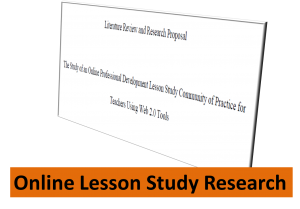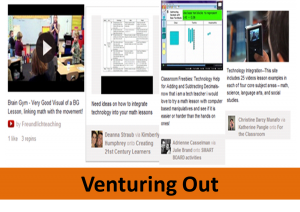Online since 2010, Pinterest has grown to over 40 million users making interest-based networks something to look for in the future. In many ways, they are making the world smaller and allowing people to share their views with others outside their friend or social networks. We are now connecting with others because we share a common interest and value communication with like-minded individuals. In many respects, interest based networks fit the “communities of practice” term coined by Wenger and Snyder (2000), in which they describe a community of practice as one in which a group of people share an area of interest and regularly support each other’s learning in that area.
For instance, as a member of Pinterest, I follow the activities of other foodies that share my taste in Szechuan food. As a follower, I am privy to their activities on the site, including what they pin, like, comment on, and even who they follow. Not only am I able to make interesting and valuable connections with strangers, but I am always motivated to return, mainly because the site is social, aesthetically pleasing and interactive. When someone repins one of my posts, I am emailed of their activity thereby giving me a boost of recognition and appreciation that draws me back to the site to continue sharing recipes, ideas and tips.
Around the time that I signed up on to Pinterest, I was also developing interest-based bonds with certain MET peers that shared my passion for online professional development methods. Helen DeWaard and I shared many conversations about her related interest in online mentoring and ePortfolio methods of professional development (PD) in conjunction with my interest in Lesson Study methods. In addition, I noticed that as I progressed through the program, I sought out more and more interest-sharing peers for discussion or group projects. So, it wasn’t long before I was making a connection between the two experiences. What if I could combine the aesthetics, autonomy, dynamics and interactivity of Pinterest with online PD. This revelation cemented my future direction in educational technology and I haven’t looked back….oh, except in reflection.
The ground work for this revelation is tied to my ETEC 500 project, LESSON STUDY LITERATURE REVIEW AND PROPOSAL, and subsequent reflection which explain my thinking as I shift directions towards a more informal PD site.
References:
Wenger, E., & Snyder, W. (2000). Communities of practice: the organizational frontier. Harvard Business Review. January-February, 139-145.



 Follow
Follow
Leave a Reply